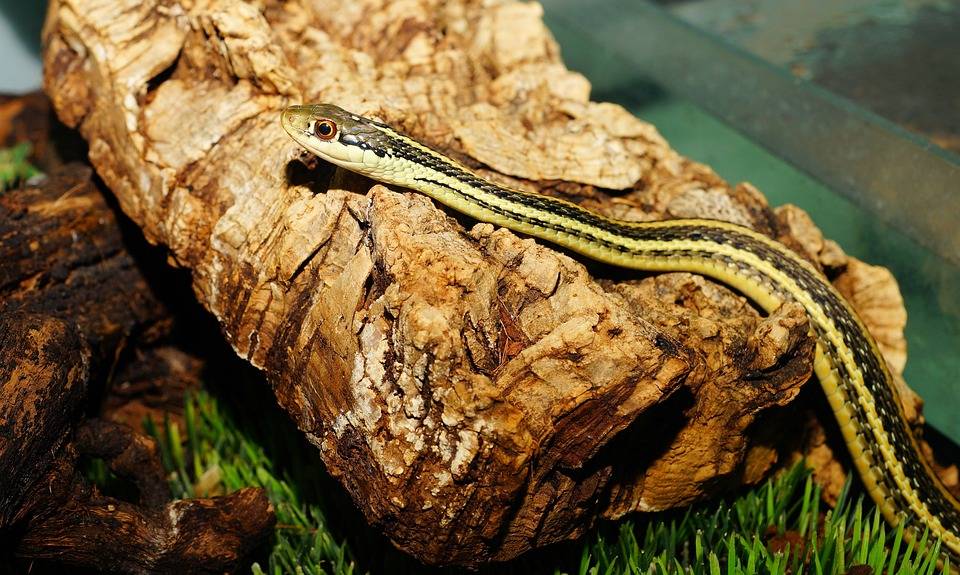The Role of Snakes in Lexington Kentuckyʼs Ecosystem
Introduction
Snakes are an integral part of Lexington, Kentucky’s ecosystem, playing a crucial role in maintaining the balance of nature. These reptiles, with their unique adaptations and behaviors, contribute significantly to the overall health and stability of the local environment. In this article, we will explore the importance of snakes in Lexington’s ecosystem and highlight their various ecological functions.
Biodiversity and Predation Control
One of the key roles that snakes play in Lexington’s ecosystem is predation control. Snakes are natural predators that help to keep populations of small mammals, birds, and reptiles in check. By preying on rodents such as mice and rats, snakes help to reduce the population of these pests, minimizing their impact on crops and gardens. This natural form of pest control is essential for maintaining the ecological balance in the region.
Food Web Interactions
Snakes occupy various trophic levels in the food web, making them crucial players in Lexington’s ecosystem. As predators, they consume a wide range of prey species, including insects, rodents, and even other snakes. By regulating the population sizes of their prey, snakes help to prevent overpopulation and maintain the stability of the entire ecosystem.
Seed Dispersal
Snakes also contribute to seed dispersal in Lexington’s ecosystem. Certain snake species, such as the Eastern garter snake, feed on fruits and berries, ingesting the seeds along with their meal. As they move through their habitat, these snakes then deposit the seeds in different locations, aiding in the dispersal and germination of various plant species. This process is vital for maintaining plant diversity and ensuring the survival of different plant communities in the region.
Pollination
In addition to seed dispersal, snakes can also play a role in pollination. Some snake species, such as the Eastern coral snake, have been observed visiting flowers and potentially transferring pollen as they navigate through the vegetation. Although snakes are not the primary pollinators in Lexington’s ecosystem, their incidental contribution to the process highlights their importance in maintaining the health of local plant populations.
Ecological Balance and Habitat Management
Snakes are indicators of a healthy ecosystem. Their presence and abundance serve as indicators of a well-balanced environment with adequate prey availability and suitable habitats. By studying snake populations and their distribution patterns, wildlife professionals in Lexington can gain valuable insights into the overall health of the ecosystem. This information can then be used to guide habitat management and conservation efforts in the region.
Contact Us for Wildlife Control Services
If you are facing any issues with snakes or other wildlife in Lexington, Kentucky, our professional wildlife control services can help. We understand the importance of maintaining a healthy ecosystem and offer safe and humane methods to address wildlife concerns. Contact us today to learn more about our services and how we can assist you in dealing with wildlife-related issues while preserving the delicate balance of Lexington’s ecosystem.
Note: This article has been written from the perspective of a wildlife control professional located in Lexington, Kentucky.

